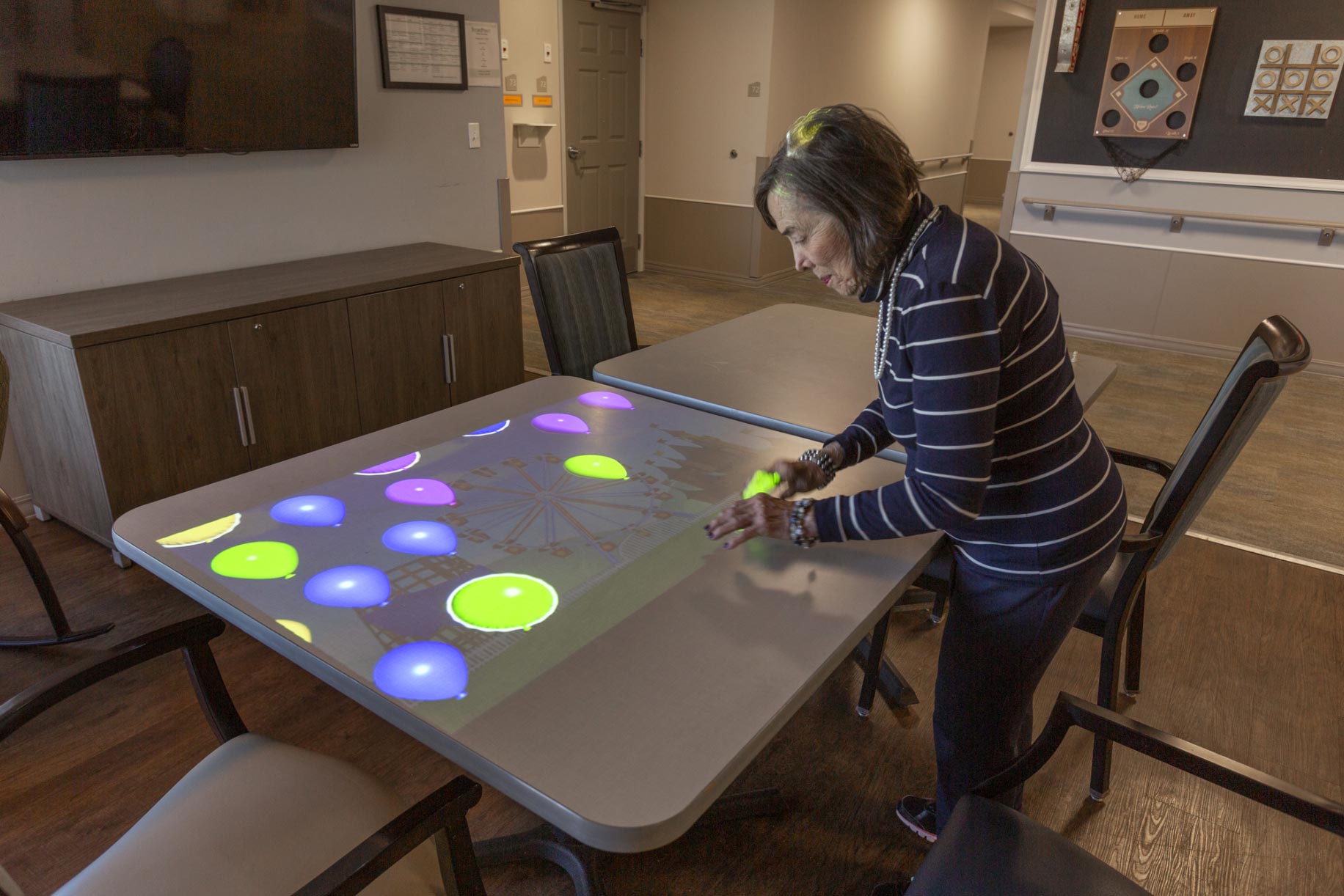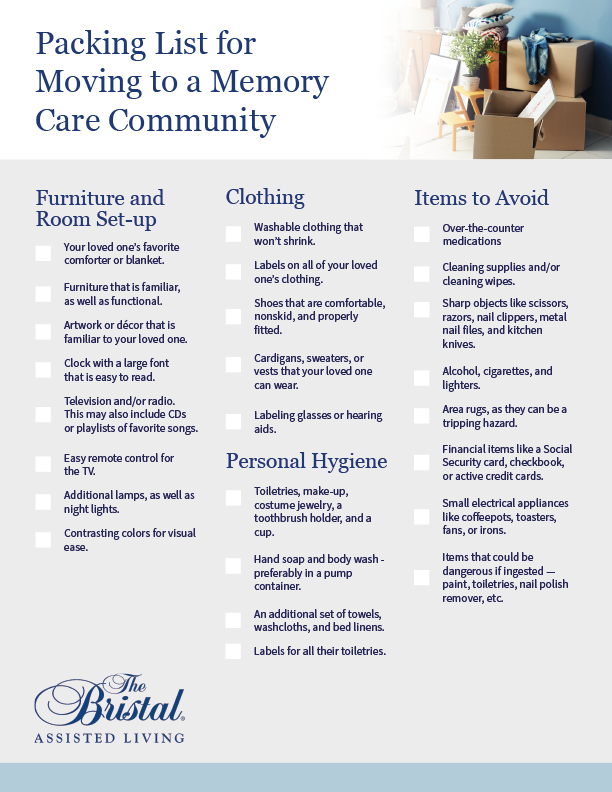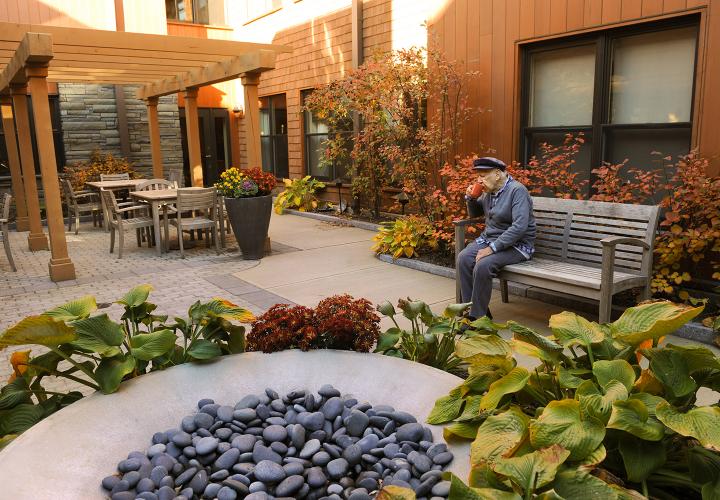Developing a Safe and Encouraging Setting for Alzheimer's Care
The creation of a safe and supportive setting for people with Alzheimer's is extremely important in enhancing their quality of life. Exploring these complex methods can expose important understandings right into efficient caregiving strategies that may transform the everyday experiences of both caregivers and clients.
Understanding Alzheimer's Demands
Regularly, people with Alzheimer's disease display an array of requirements that require customized approaches to care. As the condition advances, cognitive decrease materializes in different means, impacting memory, reasoning, and also the capacity to do day-to-day activities. Caretakers need to acknowledge these developing demands to provide appropriate support and make certain a better of life for those impacted.
One critical element of understanding Alzheimer's requirements is identifying the importance of routine and knowledge. People usually discover convenience in recognized patterns, which can decrease anxiety and complication. Caretakers need to aim to create organized daily timetables that incorporate meaningful tasks aligned with the individual's abilities and passions.
Furthermore, reliable communication is paramount. People with Alzheimer's may struggle to share themselves or comprehend complex language. Caretakers need to use straightforward, clear language, use non-verbal hints, and technique active paying attention to cultivate understanding and link.
Caregivers ought to encourage interaction in community tasks or household gatherings, advertising a sense of belonging and purpose. Comprehending these diverse requirements is vital for producing an encouraging treatment setting.
Creating a Safe Home
Producing a safe home for people with Alzheimer's disease is vital to promoting and decreasing risks freedom. Make sure that paths are well-lit and clear, as correct illumination lowers disorientation and improves mobility.
Including adaptive attributes is likewise crucial. Set up grab bars in bathrooms and near stairways, and consider utilizing non-slip floor coverings in wet areas. In addition, using different colors for walls and floors can help in distinguishing spaces, assisting to minimize confusion.
Experience is necessary for people with Alzheimer's. Customizing the setting with familiar objects and pictures can enhance a sense of belonging and security - Alzheimers Care Charlotte. It is likewise beneficial to have an assigned location for daily tasks, such as analysis or crafting, which can provide structure to their day
Finally, applying a secure outside area enables secure exploration while getting in touch with nature. By attentively creating the home environment, caretakers can dramatically enhance the quality of life for people living with Alzheimer's condition.
Enhancing Communication Abilities

Non-verbal interaction, consisting of faces, gestures, and touch, plays a vital function in conveying compassion and understanding. Preserving eye call and a tranquil attitude can improve the convenience level of the individual, advertising a feeling of security.
In addition, it is essential to practice energetic listening. This includes being fully present, revealing patience, and permitting the person to share themselves without disturbance. Repetition might be required; caretakers ought to be prepared to take another look at topics or concerns, as individuals with Alzheimer's might deal with Click Here memory recall.
Furthermore, using visual help or cues, such as pictures or familiar items, can facilitate acknowledgment and involvement. Eventually, boosting communication abilities is about developing trust fund and creating a setting where individuals feel listened to, valued, and recognized, thus enhancing their lifestyle.
Urging Social Communication
Fostering significant social communications can significantly enhance the wellness of people with Alzheimer's disease. Involving with others not just aids fight sensations of isolation yet also promotes cognitive function and emotional health and wellness. Structured social tasks, such as team crafts, arts and video games, or music therapy, produce opportunities for citizens to get in touch with peers and caretakers, which can bring about improved mood and minimized anxiousness.
Developing a welcoming atmosphere that urges socializing is vital. This can be accomplished by arranging communal spaces that facilitate communication, such as great site cozy seating locations or activity rooms. Additionally, incorporating culturally pertinent and acquainted tasks can urge and trigger memories involvement, enabling individuals with Alzheimer's to feel more connected to their past experiences.
Moreover, caregivers should be educated to recognize and advertise social engagement among citizens. Easy gestures, such as initiating discussion or promoting tiny seminar, can aid individuals feel valued and consisted of. On a regular basis arranged social events need to correspond yet flexible, fitting varying degrees of capability and interest. By focusing on social interaction, we can considerably enrich the lives of those coping with Alzheimer's, promoting a sense of neighborhood and belonging.
Sustaining Caretaker Wellness

To sustain caretakers, companies should offer normal training and educational resources to improve their understanding of Alzheimer's condition and caregiving strategies. Giving accessibility to respite care solutions permits caregivers to take necessary breaks, decreasing stress and fatigue - Alzheimers Care Charlotte. Furthermore, promoting a neighborhood with assistance groups can facilitate emotional sharing and the exchange of practical suggestions among caregivers, creating a network of mutual assistance
Psychological health resources, such as therapy solutions, can additionally be essential in addressing the emotional toll caregiving can take. By focusing on caretaker health, we produce a more sustainable caregiving atmosphere that not just benefits the caregivers themselves however also enhances the total quality of care obtained by people with Alzheimer's. Eventually, supporting caretakers is a necessary element in promoting a effective and thoughtful care setting.
Verdict
In verdict, the production i thought about this of a secure and helpful atmosphere for individuals with Alzheimer's is important to enhancing their lifestyle. By focusing on security through thoughtful layout, promoting emotional health with acquainted elements, and advertising engagement through structured routines, caretakers can considerably affect the overall experience of those impacted by this condition. Moreover, sustaining caregiver health is important, as it ultimately adds to an extra effective and thoughtful care atmosphere.
Repetition may be essential; caregivers need to be prepared to revisit subjects or questions, as individuals with Alzheimer's might struggle with memory recall.
